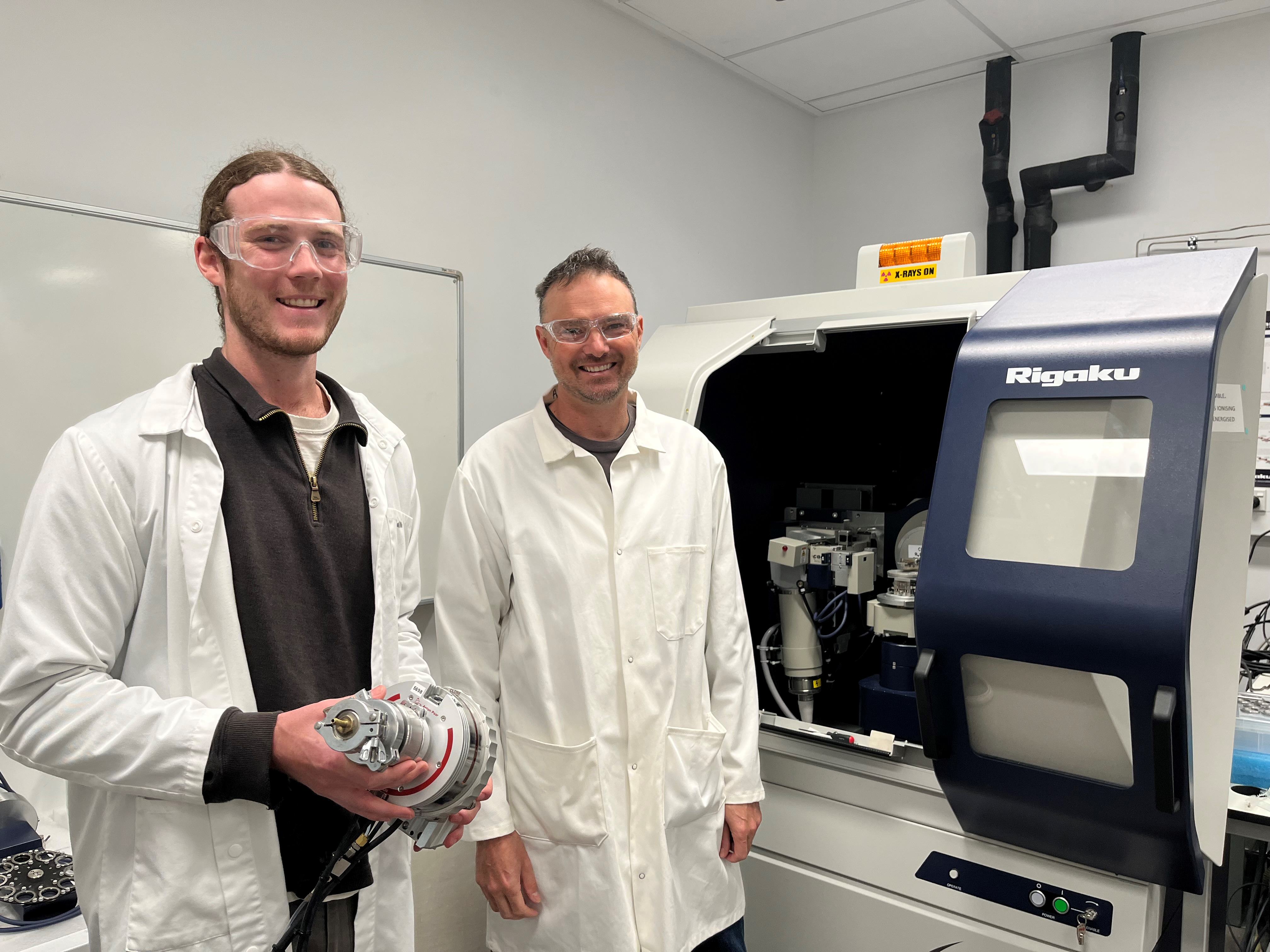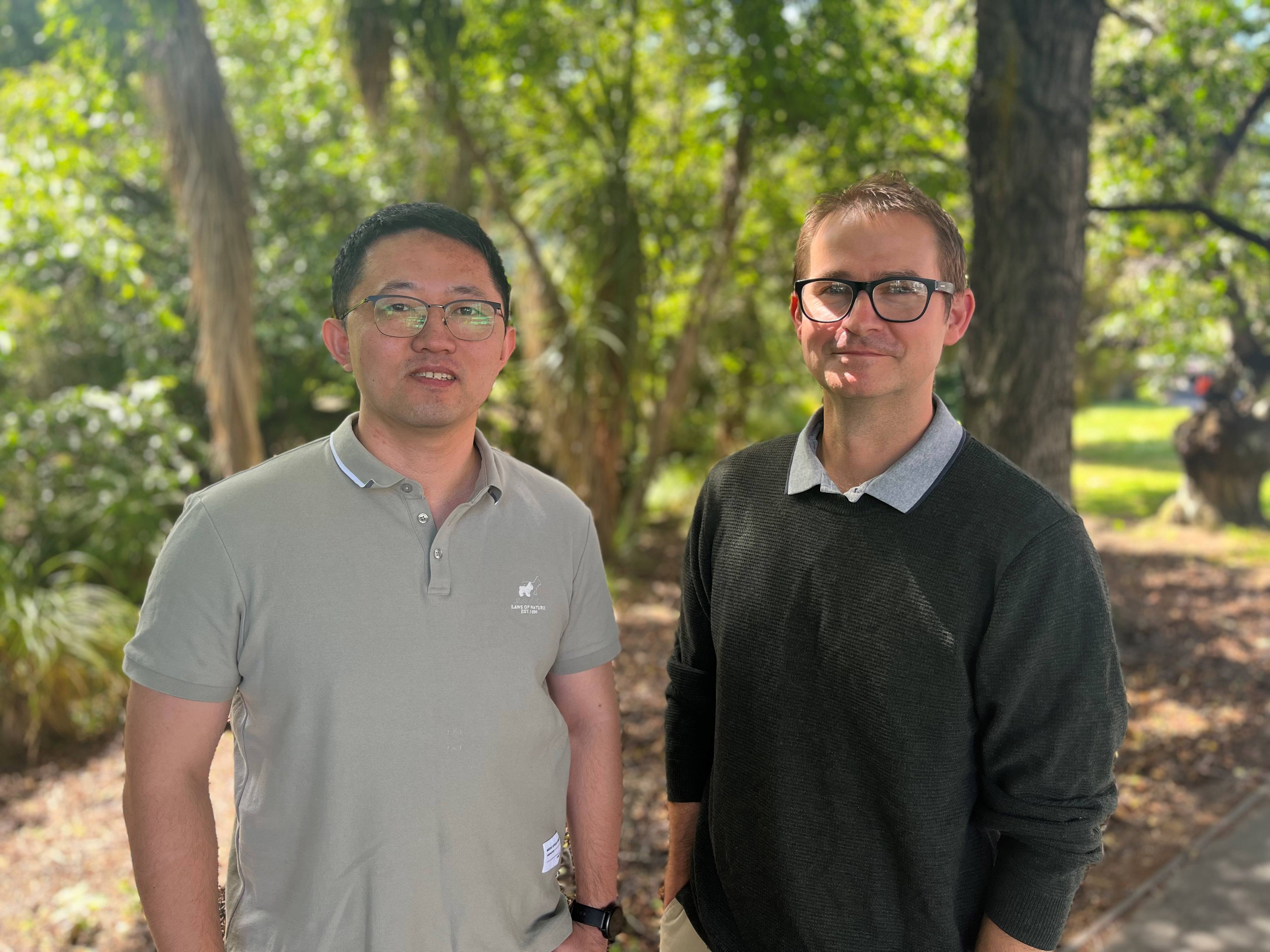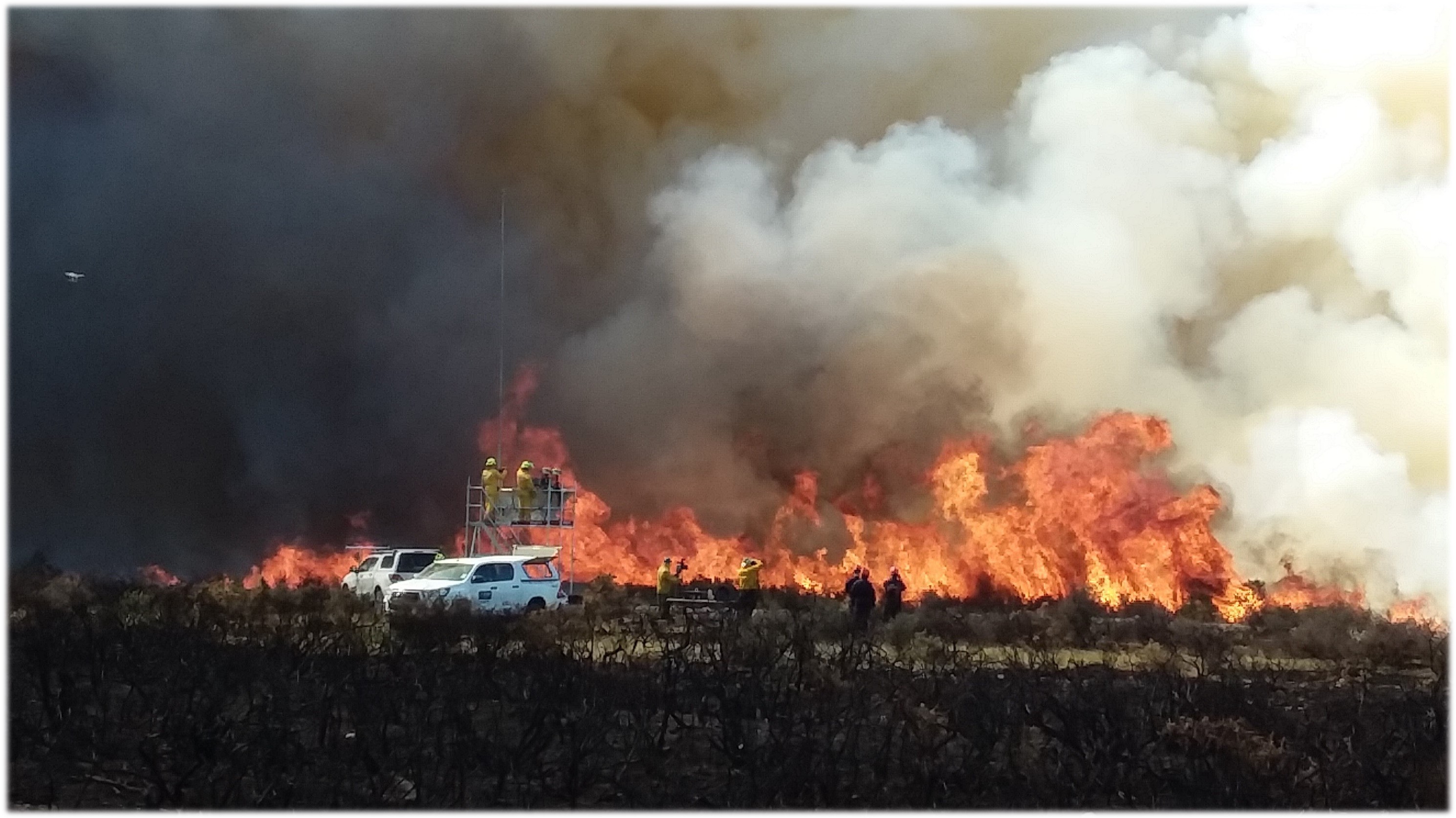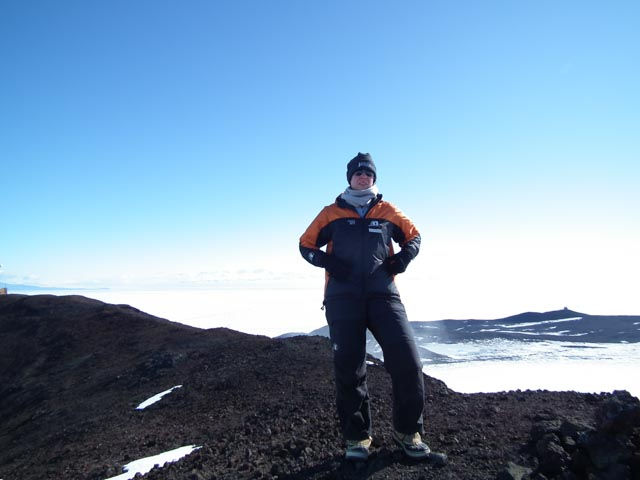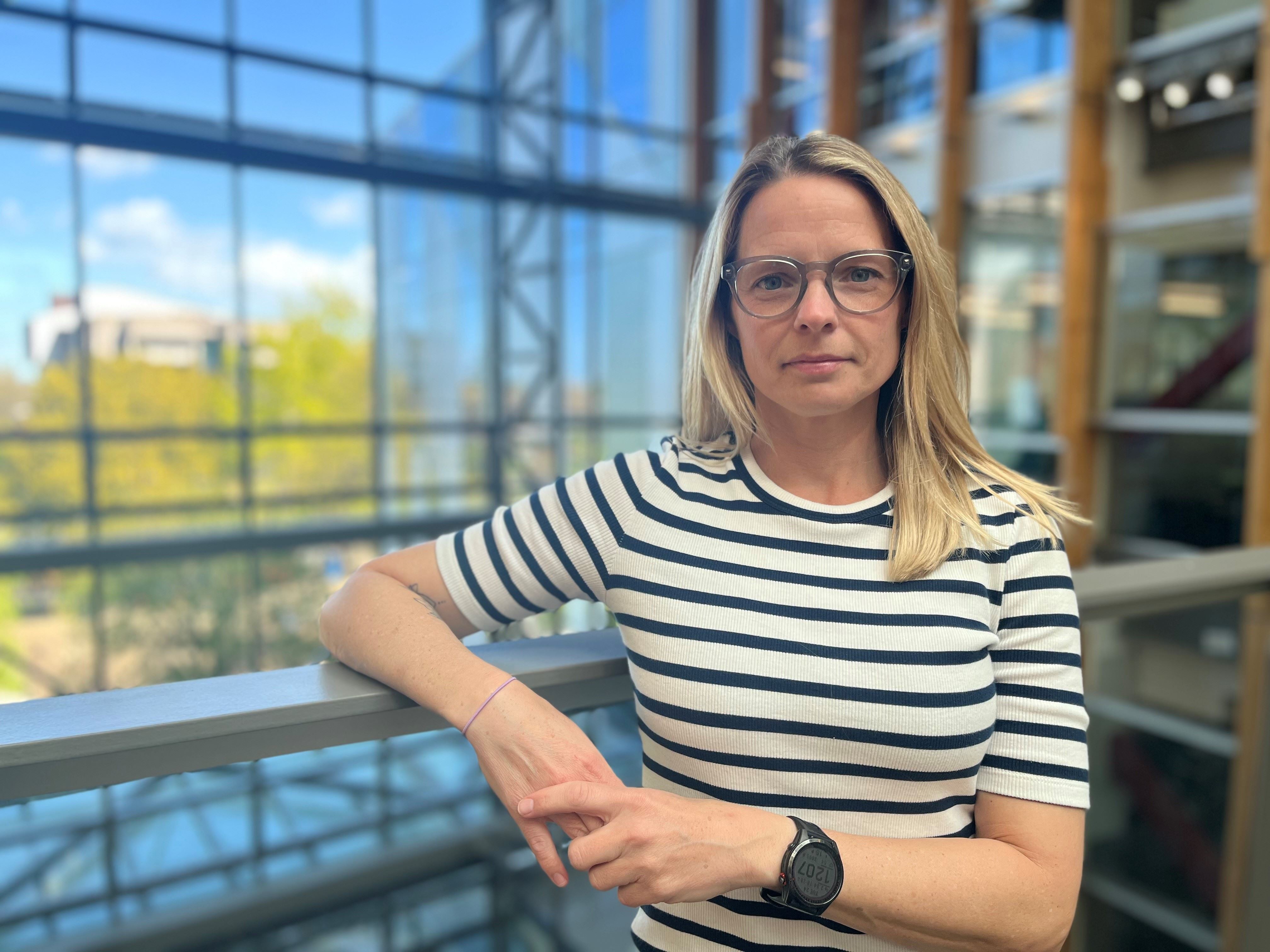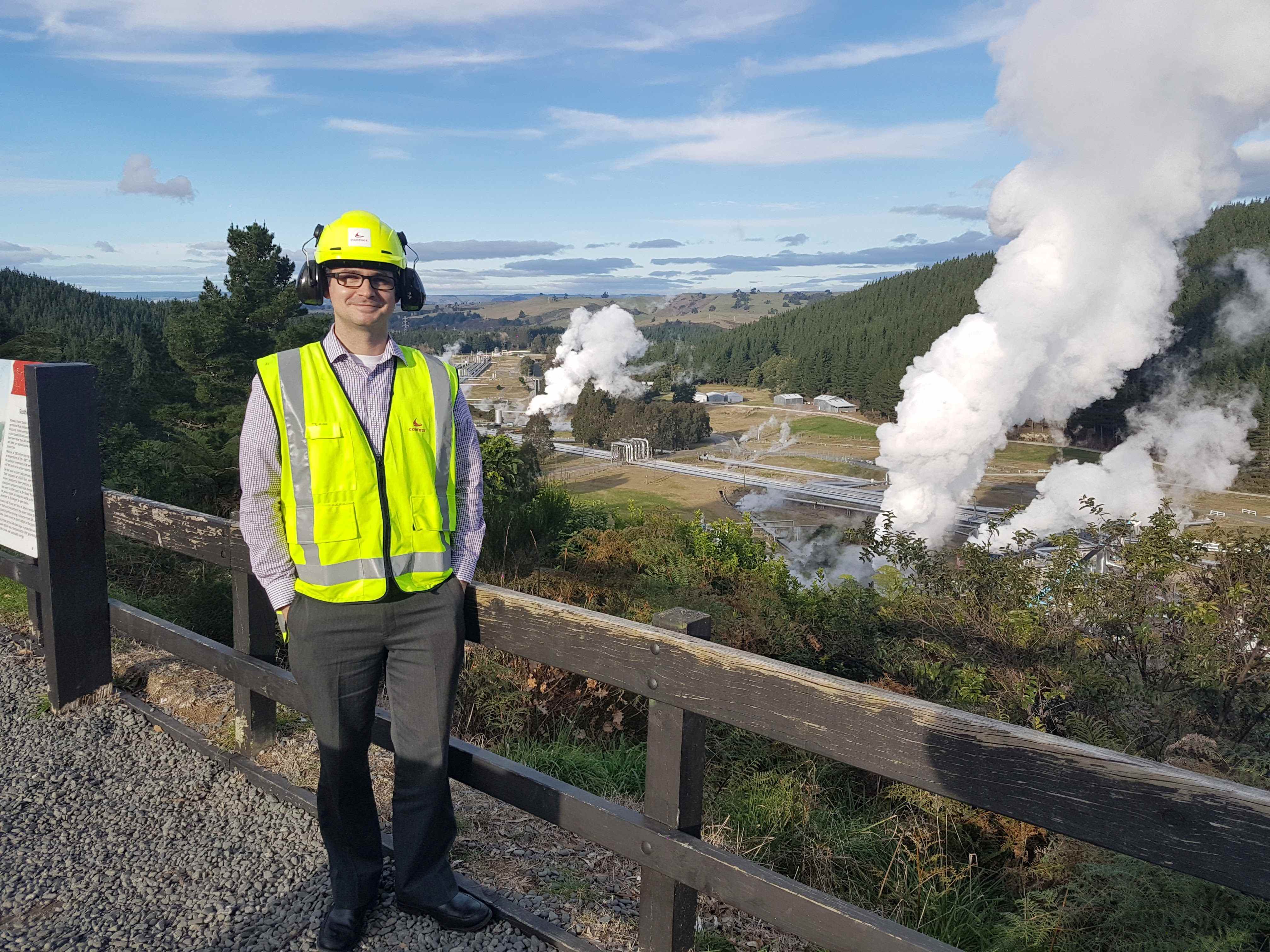Before she retired, she supervised a number of PhD projects in arable research, two of which won FAR funding support.
First, UC PhD student Zeyu Fu gained funding for his PhD research on perennial ryegrass, a highly valued forage grass for the livestock industry in New Zealand and around the world. The aim of this research was to identify genes that influence seed shattering or shedding in ryegrass before and during harvest, which is one of the main contributors to a poor yield of this crop. Given the livestock industry’s reliance on high-quality ryegrass seed, a poor harvest can have a big impact on its own production.
Conducted in conjunction with UC Senior Research Fellow Dr Jiancheng Song, Zeyu’s research successfully uncovered a key gene that appears to play an important role in seed shattering. This has highlighted exciting future potential for using gene editing to produce a ryegrass with reduced shattering.
“As a seed producer, that could mean potentially less area is needed to grow the same volume of seed or you could grow a greater volume of seed overall in an existing area. Ultimately, that would add up to more dollars [earned] per hectare,” says Professor Jameson.
“Work to further explore gene editing is being carried on by Professor Song in China’s Yantai University. I was over there for three months in 2019 continuing our research on wheat. I should have been there again in 2020 and 2021 but COVID intervened.”
In the second project, UC PhD student Matthew van Voorthuizen explored the use of plant growth regulators as a strategy to increase yields in wheat and barley. FAR funded Matt’s research, as well as the field trials. Sample material was sent to a world-leading university lab facility in the Czech Republic for detailed hormone analysis. Results published last year showed the three regulators studied did not enhance yields in the field.
“We were really excited with the results we got from our first experiment in a growth room with a little brassica model. Unfortunately, we didn’t see that same efficacy in the field. What this shows is that something that’s biologically active in a biological assay is not necessarily going to show effects in the field, especially if that land is already optimised for production.”
Professor Jameson describes FAR’s support for the research project as invaluable. “These sorts of projects are the foundational underpinning of applied research and we found that FAR was very engaged with the work as well.”
SIRC backs UC honours research responding to drought challenges
The Seed Industry Research Centre is a partnership between FAR, seed companies, farmers and research organisations. Since its inception in July 2017, it has incorporated new partners and has continued to grow, allowing for greater investment into education and research support.
As a member of SIRC’s education and technical advisory groups, UC plant biologist Dr Claudia Meisrimler is helping to connect UC postgraduate students with an interest in seed-related research to SIRC funding.
One recent example is a project undertaken by UC honours student Millie Calder to investigate how forage brassicas respond to drought conditions. From a farming perspective, building knowledge in this area is potentially very helpful for alleviating the impact of drought on future forage crops. Millie’s honours research was funded by SIRC and PGG Wrightson and co-supervised by Dr Meisrimler and Professor Matthew Turnbull who heads UC’s Te Kura Pūtaiao Koiora | School of Biological Sciences.
A graduate of Te Whare Wānaka o Aoraki | Lincoln University, Millie was able to use her honours year at UC to gain in-depth experience in molecular plant biology. In her UC project, she studied three different cultivars under drought conditions in both the field and the lab.
“It turned out that one cultivar really outperformed the others and even recovered faster after mimicked grazing trials,” says Dr Meisrimler. “This was not associated with factors such as better photosynthesis or a particular hormone, so it’s quite an interesting result.”
One of SIRC’s key goals is to bring new people into the seed industry and this project has certainly proven its value in that respect. Since completing her honours year at UC, Millie has gone on to work for PGG Wrightson Seeds in Lincoln. As a result, her expertise in seed research has stayed in the region.
Through its connection with SIRC, UC can tap into research opportunities for students and staff involved in areas other than plant biology too. For example, Dr Meisrimler recently heard from SIRC about a project focused on protecting seeds from birds.
“I was able to connect them with colleagues at UC working with birds, in avian physiology and ecology. I think that’s very valuable to find solutions for problems together and demonstrates the ongoing importance of our links with both FAR and SIRC.”



